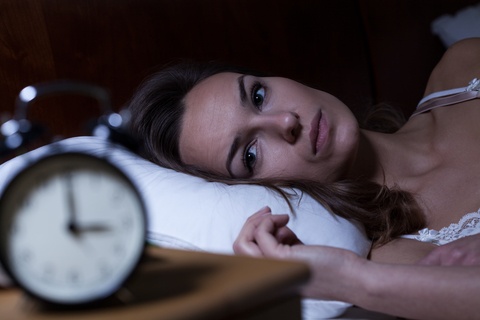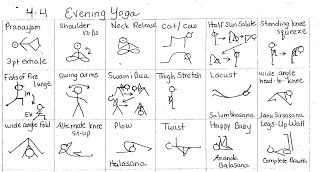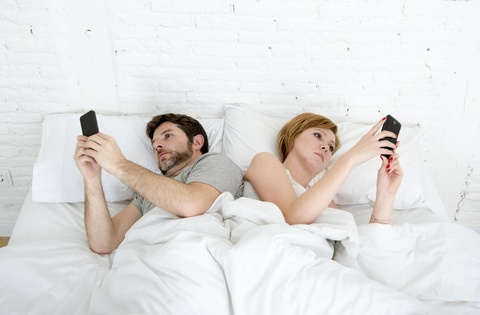Having trouble Sleeping? 9th September

Many people come into my classes or sessions concerned about the amount of sleep that they are getting! Asking for help around relaxing and destressing. So, how can we change this cycle?
They talk about how their concentration seems less sharp, how they generally feel fatigued and lacking in energy. Also, about how the monkey chatter in their brains seems to go into overdrive as soon as they put their heads down to go to sleep.
Generally taking time out during the working day to breath (yes breath!) deeply and take time away from what is stressing you can really bring that focus back. Take a quick walk, getting outside if you can (to get some vitamin D), but focus on the things that you see as you walk.
Have an evening routine that trains your brain to know that it is time to sleep. Did you know that the light emitted from your computer screen, iPad etc can reduce the melatonin in the body by up to 55% (the hormone that helps restful sleep)? This can mean that you get less REM sleep during the night, which could lead to tension, fatigue, stress and even weight gain!
Here are some suggestions to help:
1. Try a restful 5-10 minute yoga rountine (sample session below)

*courtesy of PIn Interests
Using calmig music or just a quiet space, gently move through the poses watching the breath,
2. Take a bath with epsom salts, few drops of lavender or Rose or Frankincense

Try adding 6 drops of Frankinsense to your bath water to help ease tension, anxiety and stress. These essences promote feeling of peace and overall welness when using aromatically, while promoting health benefits.
2. Turn off any IPads, Ipods, Computers at least 1hr before you go to sleep.
The physical reaction of responding to an email, text, or video increases the tension in your body which results in stress. This increases the stress hormone cortisol to be released into the bodys adrenal gland which is in direct competition to sleep.
The brain naturally creates the hormone, melatonin, that regulates the sleep-wake cycle. yet too much light from screens at bedtime affect the melatonin production giving the body the impression you aren’t ready for sleep. In addition the screen emits light that suggests to the brain that it is still daytime which contributes to insomnia and sleep deprivation. The National Sleep Foundation in Arlington, Va surveyed 1500 randomly selected adults in the U.S., Canada, Mexico, Germany, Britain, and Japan showing that at least two-thirds of those people who watched TV in the hour before bed didn’t get a good night’s sleep on work nights. The circadian clock, the body’s biological time keeper that is synchronized to the 24-hour day is thrown off by this interference with the light -dark cycle. This light exposure delays the melatonin that should surge forward.
3. Try Meditating
Starting a mediation practice can be a daunting for some people, so Apps like Mindspace and Flowing are a great place to find guided mediations. Experience has shown that using these Apps in the early evening rather than straight before bed.
Other options available that have been proved to be sucessfull are Sleep Talkdowns or Meditation sessions on You Tube. Using headpphones, in bed, these meditation session will gently talk you into a sleep like state (for example, The HonestGuys and Paul Santisi on YouTube).

4. I like to have a warm, non sugary/caffeinated drink (PS Hot Chocolate contains sugar and caffeine!)

Try some or all of these steps to help with Sleep!
Namaste
